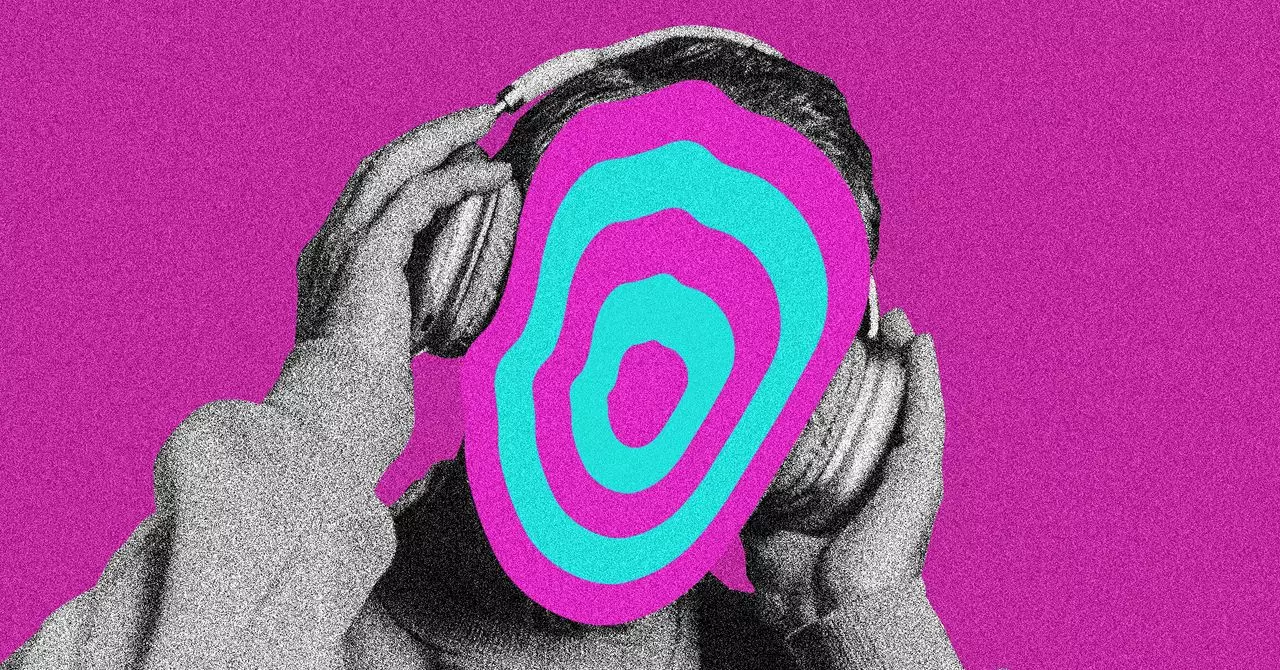In recent years, the explosion of artificial intelligence technology has profoundly reshaped various creative domains—art, literature, and notably, music. What once seemed a distant futuristic fantasy is now a tangible reality, flooding digital streaming platforms with an influx of AI-produced tracks. While innovation often heralds progress, the unchecked proliferation of AI-generated music raises pressing questions about authenticity, quality, and the very future of musical artistry. Notably, platforms like Spotify and Deezer are witnessing a surge in AI-driven uploads, some overtly provocative, others eerily authentic-sounding, blurring the lines between human craftsmanship and algorithmic mimicry.
This phenomenon is more than mere novelty; it’s an industry-wide shift that challenges the foundational principles of music creation. AI systems, trained on vast datasets comprising countless songs, can now generate new compositions that emulate well-known genres or create entirely novel sounds. Unfortunately, this technological marvel comes with significant pitfalls, especially when it comes to transparency and consumer protection. The media exposes how AI music, like the bawdy tunes of BannedVinylCollection, can slip unnoticed into playlists, making listeners unwitting participants in a digital masquerade. The issue transcends mere novelty; it’s about the erosion of trust in what music truly is, and who its creators are.
Ethical Dilemmas and the Profiteering Behind AI Music
Behind the allure of AI-generated hits lies a complex web of economic motivations. Artists and hobbyists alike are leveraging AI to produce provocative or niche content—often with the goal of monetization. For example, BannedVinylCollection’s artist, “JB,” admits to making money from his X-rated AI tracks through Patreon and Bandcamp, earning a modest $200 per month from Spotify. The ethics here are murky: should creators profit from AI content that mimics or exaggerates human creativity? Is it fair to capitalize on art that is arguably less labor-intensive and arguably devoid of emotional sincerity?
Moreover, the question of platform responsibility becomes glaringly evident. Major streaming services like Spotify or Deezer have begun to develop detection tools to identify AI tracks, yet enforcement remains inconsistent. Spotify, notably, does not require labels or artists to disclose whether their music is AI-generated, making it easier for unscrupulous producers to flood the platform with synthetic content. The absence of clear labeling or content regulation creates a terrain where deception can thrive, potentially misleading listeners and undermining genuine artists who invest significant time and effort into their work.
This situation prompts a fundamental debate: Should digital platforms introduce strict bans on AI-generated music altogether? Or is regulation—via transparency and disclosure—sufficient? The reality is that current measures fall short, allowing AI music to seep into the mainstream unnoticed, manipulating algorithms and influencing listener preferences without accountability.
The Cultural Impact: Creativity, Consumption, and Consumer Awareness
Artificial intelligence’s infiltration of music prompts vital questions about cultural influence and artistic integrity. Does AI-generated music diminish the value of human creativity? Or could it serve as a tool for artists to experiment and collaborate in new ways? The answer lies in nuance. While AI can democratize access to music production, empower indie artists, and foster innovation, it also risks diluting the authenticity and emotional depth that define human artistry.
For the average listener, AI music is often indistinguishable from human-made tracks—until it’s overtly bizarre, sexually vulgar, or blatantly artificial. The advent of AI tracks with titles like “Make Love to My Shitter” and “Grant Me Rectal Delight” demonstrates how easily provocative content can be generated and disseminated, often for shock value or profit. This trend has implications for cultural standards, as platforms become flooded with content that is increasingly sensationalist or superficial. The danger lies in normalizing such content, which could contribute to a decline in artistic quality and a skewed perception of what music is supposed to represent.
Simultaneously, the opacity surrounding AI music’s generation and classification fosters a lack of consumer awareness. Listeners, unaware of the artificial origin of certain tracks, may unwittingly endorse and propagate AI-driven content—whether it’s adult-themed novelty songs or genre-faking imitations. This issue of transparency underscores the urgent need for better labeling, community standards, and ethical oversight to ensure consumers are not manipulated or misled.
AI’s role in music is no longer a mere experimental phase but a disruptive force reshaping an industry at its core. As AI tools become more sophisticated and pervasive, stakeholders must confront the dual realities of innovation and deception—balancing technological progress with ethical responsibility. The question is not solely about curbing AI’s footprint but about fostering a cultural environment where authenticity, transparency, and artistry are preserved amidst rapid digital transformation.

